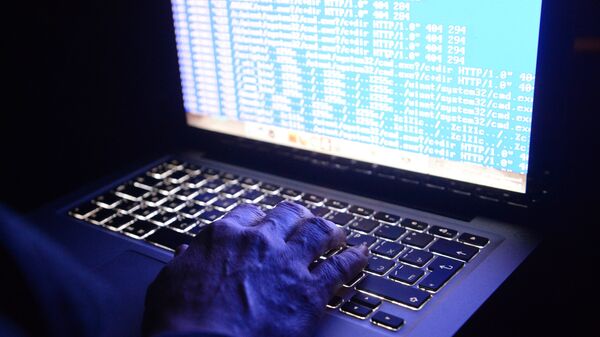Ambassador Pak Song II, speaking to AP in a phone interview, told the outlet that Bossert's statement, which was published in the Wall Street Journal last Monday, was simply an an effort by the US to further create an "extremely confrontational atmosphere."
"If they are so sure, show us the evidence," Pak said.
Bossert's op-ed claims that "the attack was widespread and cost billions, and North Korea is directly responsible."
"We do not make this allegation lightly. It is based on evidence," Bossert wrote. "The United Kingdom attributes the attack to North Korea, and Microsoft traced the attack to cyber affiliates of the North Korean government."
In the days after the op-ed was released, Pyongyang fired back at the US and asserted that it had "nothing to do" with the attack and that the claims were simply "absurd."
Pak isn't the only one voice skepticism about the 42-year-old adviser's allegations.
Speaking with Radio Sputnik's Loud & Clear on December 19, the day after the op-ed was published, Daniel Sankey, a financial policy analyst, told show hosts Brian Becker and John Kiriakou that the claims are dubious.
"I'm a little suspicious myself," Sankey said. "The drums of war have been beaten against [North Korea] for some time now and it's very convenient that now this severe cyberattack is being laid against the doors of North Korea."
"I am a little skeptical because a big part of the virus was extorting various users to send bitcoin in exchange for access to their files again. In the end, they stole about $55,000 in bitcoin and that's not enough money for North Korea to trouble itself with," the analyst added.
The WannaCry ransomware attack took place in May and infected hundreds of thousands of computers globally, even crippling parts of the UK's National Health Service.



